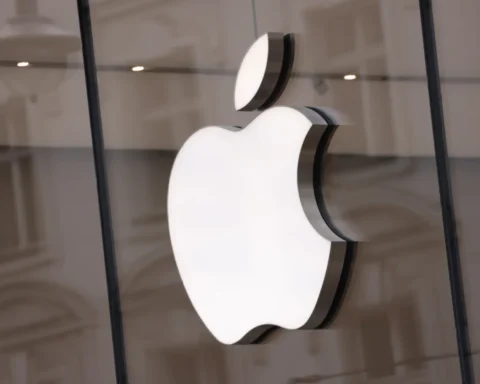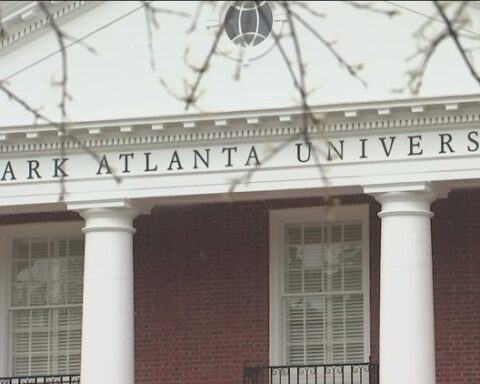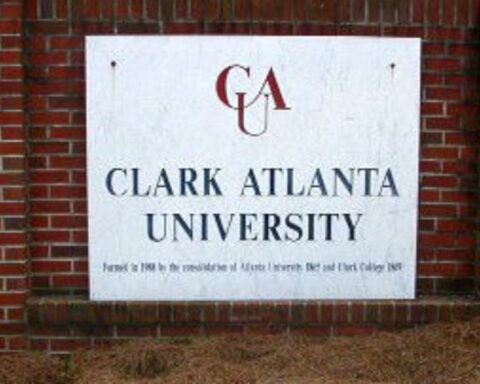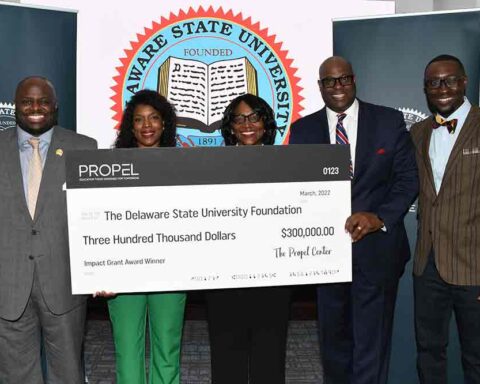By Zac Linly
Last June—amid a wave of protests sparked by the violent deaths of George Floyd, Breonna Taylor and others—Apple announced its $100 million Racial Equity and Justice Initiative, which aims to “help dismantle systemic barriers to opportunity and combat injustices faced by communities of color.” On Wednesday, the tech company revealed in a press release new details as to where the money is going and how it plans to serve underserved communities.
“We are all accountable to the urgent work of building a more just, more equitable world—and these new projects send a clear signal of Apple’s enduring commitment,” Tim Cook, Apple’s CEO, wrote in the announcement. “We’re launching REJI’s latest initiatives with partners across a broad range of industries and backgrounds—from students to teachers, developers to entrepreneurs, and community organizers to justice advocates—working together to empower communities that have borne the brunt of racism and discrimination for far too long. We are honored to help bring this vision to bear, and to match our words and actions to the values of equity and inclusion we have always prized at Apple.”
So basically, Apple is looking like it’s all about putting its money where its mouth is. Now let’s talk about where that money is going starting with the $25 million Apple has earmarked for the Propel Center, which is described as a “learning hub for the HBCU community.”
Apple’s donation to the Propel Center will be used to support HBCU students and faculty through a “robust virtual platform,” which includes career opportunities, fellowship programs, technology support and innovative curricula. Propel will also provide a physical campus in the historic Atlanta University Center (AUC).
The Propel Center will offer a wide range of educational tracks, including AI and machine learning, agricultural technologies, social justice, entertainment arts, app development, augmented reality, design and creative arts, career preparation, and entrepreneurship. Experts from Apple will help develop curricula and provide ongoing mentorship and learning support, along with offering internship opportunities.
The Propel Center was imagined and designed by Ed Farm, a groundbreaking organization that works to promote innovation and educational equity. The initiative builds upon Apple’s partnership with Ed Farm and the company’s work with three dozen HBCUs, bringing coding, creativity, and career opportunities to campuses and communities across the US.
Aside from its Propel Center work, Apple plans to offer two grants to support HBCU engineering programs as well as scholarships for 100 new Apple Scholars from underrepresented communities. In addition to the grants and scholarships for students, Apple is working to help educators with its Faculty Fellows Program, which aims to “support HBCU educators pursuing R&D with mentorship programs, curriculum development assistance, and funds to equip their lab spaces.”
In Detroit, Apple is working with Michigan State University to develop the Detroit Apple Developer Academy, which it plans to open later this year. Apple said the academy is designed to “empower young Black entrepreneurs, creators, and coders, helping them cultivate the skills necessary for jobs in the rapidly growing iOS app economy.”
The academy will offer two programs: A 30-day introductory program for students interested in a career in app development, and a 10- to 12-month program that will “help aspiring developers build the skills needed to participate in the iOS app economy, and even start their own businesses.” Apple expects that the academy will educate close to 1,000 students a year.
Next up, they will also invest $10 million with the NYC-based firm Harlem Capital, a “venture capital firm on a mission to change the face of entrepreneurship by investing in 1,000 diverse founders over the next 20 years,” according to its website. (The four founders of Harlem Capital were The Root 100 honorees in 2019.)
“The firm will offer guidance and mentorship to students at the Detroit Developer Academy and participants in Apple’s Entrepreneur Camp for Black Founders and Developers. Apple will also support Harlem Capital’s internship program, focused on opening doors for aspiring women and minority investors,” Apple said.
Finally, Apple will invest $25 million in Siebert Williams Shank’s Clear Vision Impact Fund, which “provides capital to small and medium-size businesses, with an emphasis on minority-owned companies.”
“We were asked by the CEO to put real emphasis on this [racial equality initiative],” Lisa Jackson, vice president of environment, policy and social initiatives, told Fortune. “We wanted to show people that this wasn’t just talk.”
During America’s racial reckoning, which started last summer amid protests against systemic racism in policing, dozens of companies expressed support for the Black Lives Matter movement. Apple appears to be doing much more than the obligatory shows of solidarity; it seems to be doing the actual work to help bring down barriers that often leave people of color out of corporate America and the tech industry.





